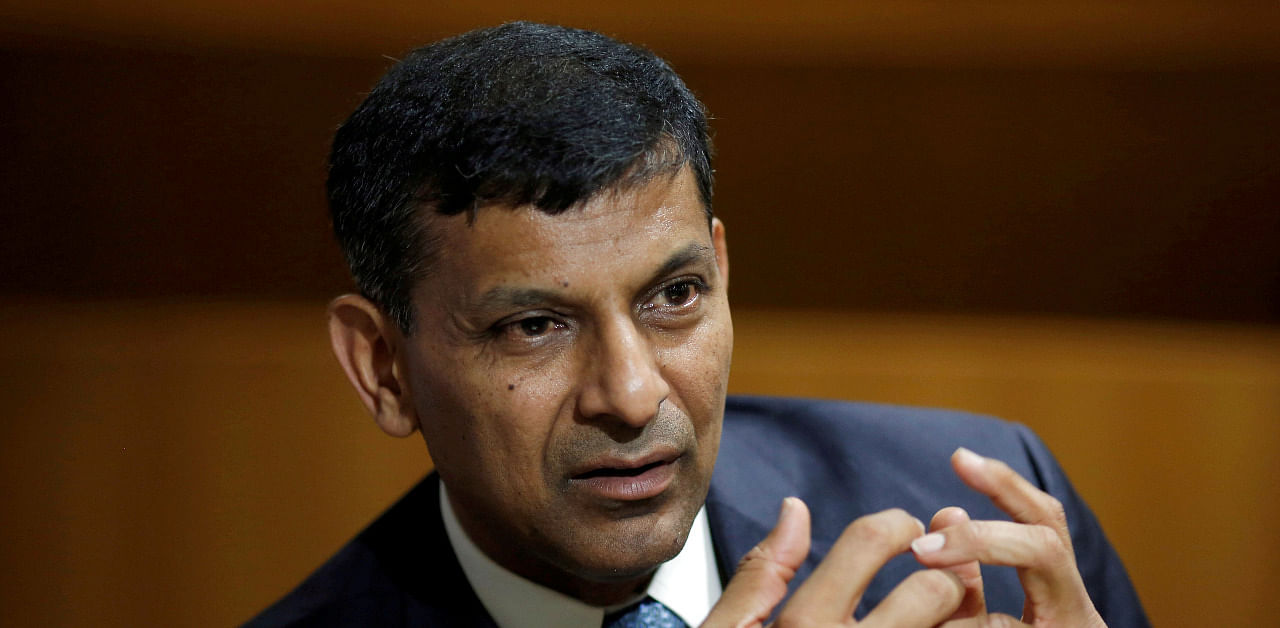
In his insightful new book “The Quest for Financial Stability in India” former RBI deputy Governor Viral Acharya has explained how India could have done much more to deal with its bad loan problem and stabilise its financial sector, long before the pandemic hit.
Former RBI Governor Raghuram Rajan said, "if the finance ministry wants to act, it could do no better than read Acharya’s book for advice on what to do."
Also read | Banks can learn from shampoo sachet revolution of 1970s: Viral Acharya
“India’s original sin is fiscal dominance – that the inability of the government to contain its fiscal spending drives its suboptimal behaviours elsewhere. For instance, because the government has limited funds, it is reluctant to recapitalise the public sector banks when they have to recognize losses on their bad loans.
“Instead, the government does its level best to persuade the RBI to relax regulations so that banks can avoid loss recognition,” Rajan said in a write up in the Economic Times, quoting from Acharya’s argument in his new book.
Unaddressed, bad loans only grow. An over-indebted company kept alive by regular fund infusion from banks, that don’t want to recognize the inevitable, contributes to excess capacity. This drags other healthy corporations down. Relatedly, an under-capitalised bank encumbered with undressed bad loans tends to become risk averse and slows its lending to healthy corporations – something that is obvious in PSB lending, says Rajan.
Acharya has argued in his book that the continued survival of half-dozen zombie corporations accounted for Japan’s poor performance in 1990s, and Europe’s slow growth after the financial crisis.
“We can already signs in India, and worse will come if we do nothing,” Acharya warned.
According to Rajan, the past Indian governments, knowing they have the power to overrule the RBI, have been nevertheless willing to take some of the central bank’s advice but what appears from Acharya’s book that he had plenty of advice to the government on how to fix legacy problems, including NPAs, unfortunately too little of his advice was taken.
Government overspends as a rule, leaving itself with little spending power in emergencies like the current one, says Rajan referring to Covid. “It tries to do many things. Among these is to use PSBs to push its agenda,” he says, citing that even before the stalled infrastructure projects of previous regimes had been cleaned up, it pushed lending to small and medium firms.
“NPAs from this sector are now alarming and, in time-honoured fashion, may be pushed under the carpet,” he wrote, apprehending the worst.
